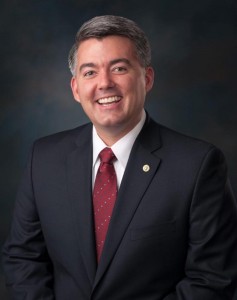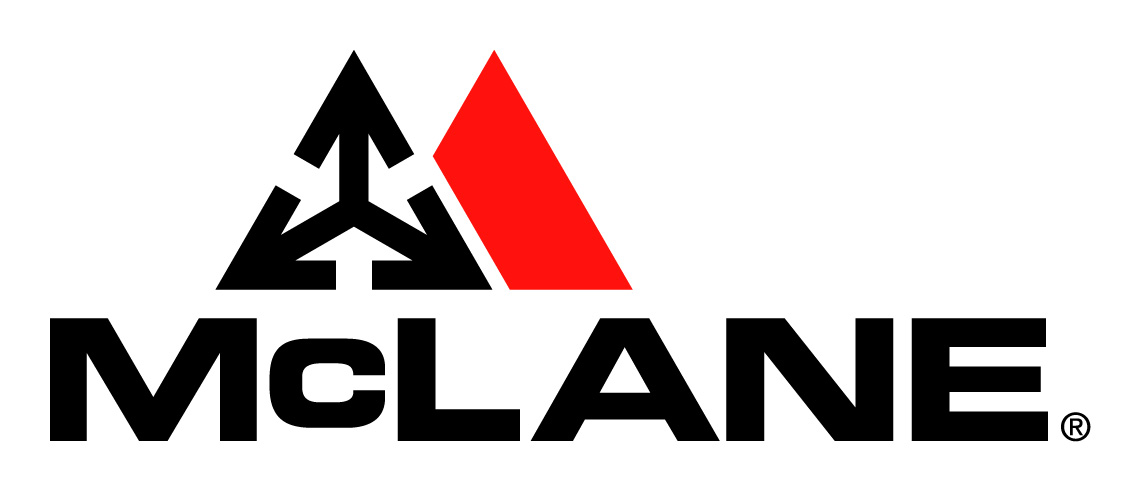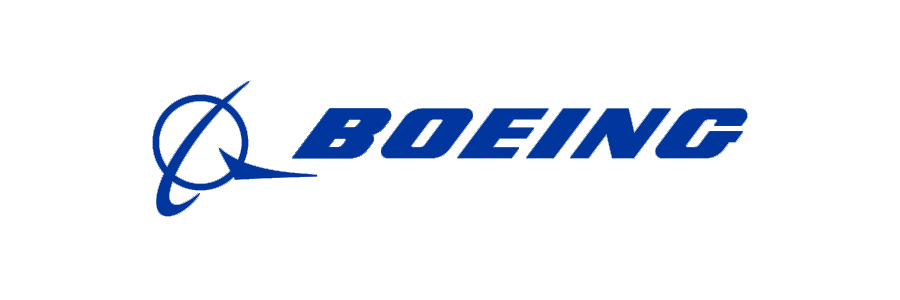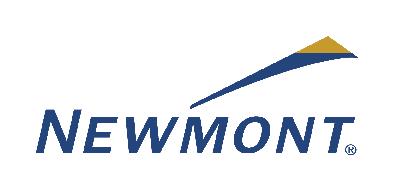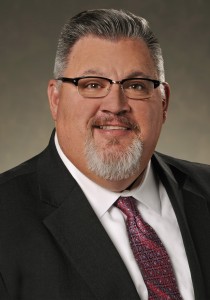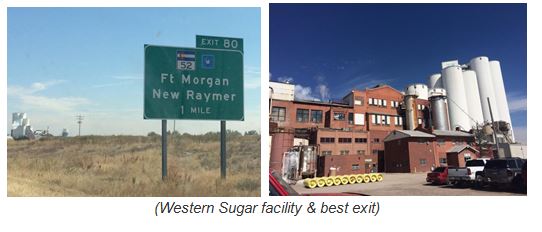In this Capitol Report:
- Senator Gardner to Discuss Senate Progress, EPA and Governmental Burdens on Business at CACI Annual Luncheon
- CACI Resists EPA’s New Environmental Regulations
- Wes Skiles Appointed as the Chair of CACI's Health Care Council
- CACI’s Federal Policy Council to Meet Tuesday, October 6th at Western Sugar in Fort Morgan
- Congressional Brief:
This Capitol Report is brought to you by:
State Policy News
Senator Gardner to Discuss Senate Progress, EPA and Governmental Burdens on Business at CACI Annual Luncheon
U.S. Senator Cory Gardner will headline CACI’s Annual Meeting Luncheon on Thursday, Oct. 15th, to talk about the current climate in Congress, how to move Colorado issues forward, as well as discussing the burden placed on businesses by federal agencies and the current Administration. The Luncheon will be held at the Ritz-Carlton Denver.
In the last six months alone, President Obama or his agencies have released proposed or final rules for the following:
- Ozone changes;
- The Clean Power Plan, which pressures fossil-fuel extraction industries and energy providers with 111(d) changes, state implementation plans (SIPs) and “start up, shutdown, malfunction” (SSM) emissions changes;
- Bureau of Land Management royalty rate stream water changes;
- New fracking rules;
- “Waters of the U.S.” changes; and
- Proposed methane rules.
Meanwhile, in the world of labor, the National Labor Relations Board (NLRB) has taken steps to legislate through regulation and court decisions while the U.S. Department of Labor has finalized new, burdensome overtime rules, raised the minimum wage for Federal contractors and implemented new paid sick-leave rules to pressure businesses to follow suit.
Gardner brings a fresh perspective on how to get things done in Congress, how to address “mission creep” of Federal agencies and how to keep Colorado businesses successful and relevant in a tough Federal regulatory environment.
Join us Oct. 15th for CACI’s Annual Meeting Luncheon – it’s just two weeks away!
| 12 Noon—1:30 p.m., October 15, 2015 Location: The Ritz-Carlton Denver Address: 1881 Curtis Street, Denver, CO 80202
Fees/Admission: Corporate Tables: $1,500–Members; $2,500–Potential Members Individual Tickets: $150-Members; $250 Potential Members
Questions? Contact Tricia Smith: [email protected] or (303) 866-9629 |
Platinum Sponsor
Gold Sponsor
Silver Sponsors
CACI Resists EPA’s New Environmental Regulations
Throughout 2015, the U.S. Environmental Protection Agency (EPA) has reached a nearly unprecedented level of activity, advancing a sweeping first-ever environmental regulation to reduce emissions from power plants and taking aggressive steps to update, and generally tighten, numerous existing air quality and water quality regulatory schemes.
This high level of activity is primarily the result of the Obama Administration’s Climate Action Plan, the centerpiece of the President’s strategy to address climate change, which relies on the Federal Clean Air Act to stretch the reach of the nation’s environmental regulations farther than ever before.
Over the last seven days, major new regulations under the Clean Power Plan and the ground-level ozone standard reached next steps in their paths to finalization and implementation. These two environmental policies represent key elements of the Administration’s Climate Action Plan.
Major environmental regulations must pass through an extensive Federal rulemaking process before finalization. Once the regulations are finalized, the EPA requires states to develop and submit to it for approval state plans for the implementation of the new regulatory schemes.
Clean Power Plan
Last week, the Colorado Department of Public Health & Environment’s (CDPHE) Air Pollution Control Division held the initial stakeholder meeting regarding the development of the State plan for implementing the Clean Power Plan. The Federal Clean Power Plan (CPP) represents the first-ever national standards to reduce carbon emissions from fossil fuel-fired power plants by 32 percent below 2005 levels over the next 15 year period.
CDPHE is charged with developing a State plan, and at last Friday’s stakeholder meeting, the agency presented an overview of the new regulations and their estimated impact in Colorado. CDPHE also outlined its vision for the public stakeholder process it hopes will inform its decision making in developing Colorado’s State plan for implementing the Clean Power Plan.
CDPHE plans to hold several stakeholder meetings throughout the state through July 2016. Development of the plan will continue through the remainder of 2016 and early 2017, as the agency is aiming to propose the plan to the Colorado Air Quality Control Commission (AQCC) by July 2017, with the goal of finalizing the plan at a December 2017 AQCC rulemaking hearing.
CDPHE views this process as a “state plan” development process, as opposed to a more formal “state implementation plan” development process, noting that the state plan process affords states more flexibility and did not require Congress or the states to pass and enact new legislation in order to advance the mandates included in the Clean Power Plan.
Loren Furman, CACI Senior Vice President of State and Federal Relations, gave public comments at the CDPHE stakeholder meeting last Friday, highlighting the need for the agency to remain inclusive and transparent as it conducts the stakeholder process. Furman also encouraged regulators to take steps to retain as much flexibility for impacted Colorado industries as possible, noting that the mandates within the Clean Power Plan could generate significant impacts on electricity rates and reliability across the state, and could ultimately impact the broader Colorado business climate and economy.
Several other CACI members gave public comments, as did numerous other stakeholders from communities around Colorado and from the environmental advocacy community.
CDPHE’s second meeting regarding the Clean Power Plan will be held November 9th in Durango. Additional meetings will be held this December in Commerce City, March 2016 in Craig and April 2016 in Pueblo, as well as additional meetings in Denver. Exact dates and locations, however, have not yet been finalized.
For more information regarding the Clean Power Plan or CDPHE’s State plan stakeholder-and-development process, please click here:
https://www.colorado.gov/pacific/cdphe/CleanPowerPlan
Ground-Level Ozone Standard
Yesterday, the EPA responded to a U.S. Supreme Court mandate to finalize its new ozone standard that will result in new, required reductions of emissions that contribute to ground-level ozone. Until yesterday, 75 parts per billion (ppb) represented the ozone standard. This limit was finalized in 2008 and had yet to be fully implemented throughout the nation, including in Colorado.
The new ozone standard is 70 ppb. For months, the EPA had been considering the finalization of a new ozone standard between 65 ppb and 75 ppb, or perhaps even as low as 60 ppb. While the new standard is certainly not as low and strict as it could have been, industries in Colorado and nationwide will still face significant and costly compliance burdens.
Denver and its metro area and numerous other areas along the Front Range and across Colorado are currently considered areas of “marginal non-attainment” under the EPA’s previous ozone standard of 75 ppb, again, a standard that had yet to be fully implemented in Colorado.
In fact, until yesterday, Colorado was working toward a 2016 deadline to craft plans and strategies to bring the region into compliance with the previous standard of 75 ppb.
The finalization of a new, stricter ozone standard before key regions of Colorado have even attained compliance with the previous standard could result in significant and costly consequences for important economy-driving industries in Colorado, and Colorado’s efforts to continue to improve the quality and capacity of the state’s transportation infrastructure.
While the EPA argues that the new standards are a key aspect of a plan to achieve cleaner air that will deliver substantial health benefits, the estimated compliance costs of the new, stricter ozone standard could make this policy of the most expensive regulations to date, surpassing even the more publicized Clean Power Plan in terms of compliance costs and burden.
When regions fail to achieve attainment, the EPA is authorized to impose penalties and is even authorized to withhold funding and or permitting for important highway and bridge construction projects in nonattainment regions.
For more information on the EPA’s new ozone standard, please see the following links:
http://www3.epa.gov/ozonepollution/actions.html
http://www.denverpost.com/news/ci_28906574/colorado-failing-meet-smog-standard-faces-tougher-limit
http://www.wsj.com/articles/epa-to-set-stricter-air-pollution-standard-for-ozone-1443715727
For more information on the ground-level ozone standards and the Clean Power Plan, contact Daniel O’Connell, CACI State Government Affairs Representative, at 303.866.9622.
Wes Skiles Appointed as the Chair of CACI's Health Care Council
CACI is excited to announce Wes Skiles, of Kaiser Permanente, as the new chair of CACI’s Health Care Policy Council. Wes is the Director of Government Affairs at CACI member, Kaiser Permanente, Colorado’s largest nonprofit health plan. At Kaiser, Wes leads efforts to develop strategy and positions on key health care legislation and regulation in Colorado.
In addition to his familiarity with CACI, the Health Care Council membership and process, Wes brings a strong policy and government affairs background to the council chair position. Before joining Kaiser Permanente as Colorado legislative liaison in 2010, Wes spent over 5 years working for the Colorado House Minority Caucus as policy advisor to the House Minority Leader and caucus leadership. Wes also served as legislative director and press secretary to the House Minority Office.
Already a highly respected leader in Colorado’s health sector, Wes brings a strong grasp of the pressing policies and politics affecting the industry and a high level of expertise to the CACI Health Care Council. Wes’ increased CACI engagement will serve to benefit all CACI members and strengthen CACI’s leadership role in the key legislative and regulatory processes affecting the health care industry as well as the health of Colorado’s broader business climate.
The Health Care Council provides CACI members with expertise in all areas of healthcare concerns related to businesses. The council is focused on state-level health care legislation that affects Colorado employers. Specifically, the council focuses on legislation that impacts the cost of purchasing health benefits. The council promotes efforts to increase:
- Competition within the marketplace;
- Value for quality benefits;
- Accountability for regulatory guidance;
- Access to quality health plans; and
- Healthy lifestyle choices.
The HealthCare Council hosts a different legislator each month of the session who discusses proposed health care bills and the impact to businesses in Colorado. Members of this council include experts from the health insurance and health provider industries.
CACI’s Federal Policy Council to Meet Tuesday, October 6th at Western Sugar in Fort Morgan
CACI’s Federal Policy Council will meet at 12 Noon next Tuesday at the Western Sugar facility in Fort Morgan to hear from Senator Gardner’s District Director, Chuck Poplstein, and Senator Bennet’s new Business Director, Danielle Osler. The Council will then hear a CACI Congressional Update. Western Sugar will tell the Council about the sugar beet industry, its farmer-owned model, responsible farming and policies affecting their business, including EPA regulations and the harmful effects of anti-GMO sentiments and regulations. Interested? RSVP here.
| Agenda: |
|
What you need to know for the tour Agenda:
- Dress: Please wear casual clothes that can get dirty — we are visiting a very active manufacturing & processing facility
- NO open-toed shoes or heels allowed; boots or sneakers recommended
- Hard hats, safety glasses & hearing protection will be provided
- NO photos allowed, BUT we will take a group photo before the tour kicks off
- Please sign in at the front desk & our Western Sugar hosts will get you to the conference room
- Lunch will be provided so arrive a few minutes early to settle in & network
DIRECTIONS:
Take I-76 E roughly 75 miles to the Ft. Morgan/New Raymer exit, Exit 80, ~1hr25 minutes from downtown.
You will see the Western Sugar facility and steam stacks from the highway. Turn right off of the interstate and right again at the first stoplight. Park in the dirt parking lot near the main office of Western Sugar.
Congressional Brief:
- The U.S. Senate Tuesday passed by a 78-20 margin a temporary stop-gap spending bill.
- On Wednesday, the House approved the measure 277-151, sending it to President Obama’s desk. (Shutdown Averted, Politico)
- Funding only approved through Dec. 11th, setting up yet another round of brinkmanship over financing the Federal Government vs. shutting it down.


